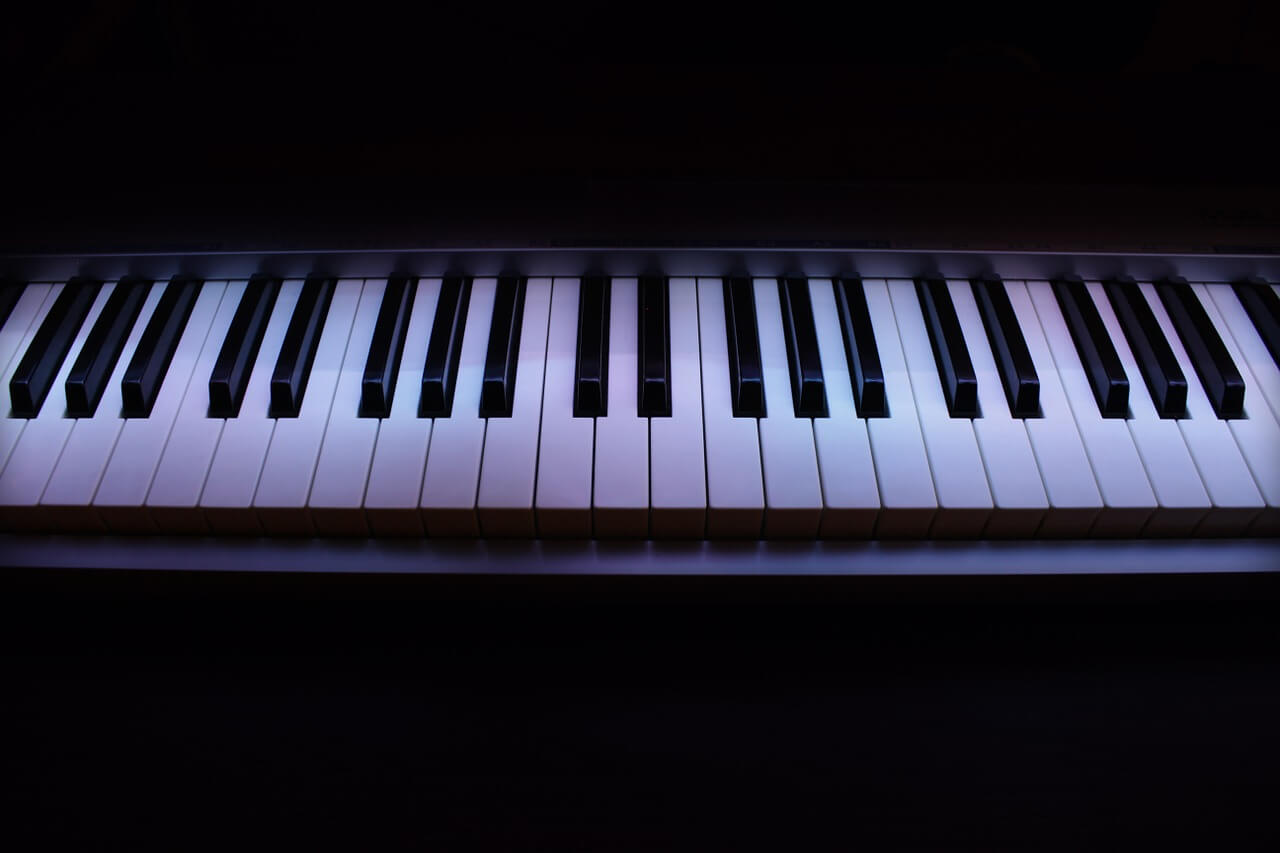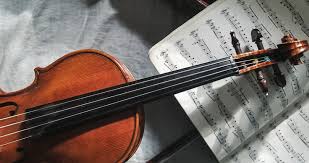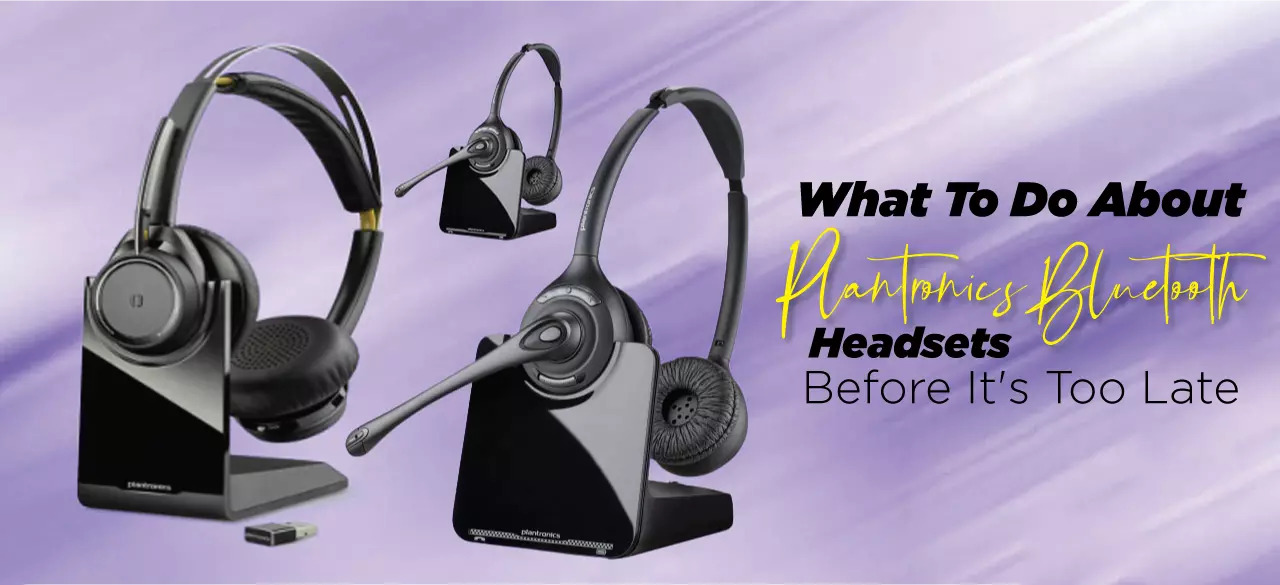It has become more popular to use digital pianos as an alternative to acoustic pianos because of their superior sound quality and cost-effectiveness. Choosing the best electric piano for your needs might be a challenge at first because of the wide variety of functions and features they provide.
Digital pianos are equipped with a variety of functions.
First, let’s look at the many sorts of digital pianos on the market, including touch and sound.
Actions on the Keyboard and Responses to Touch
The feel of the keys is one of the fundamental contrasts between pianos and electric pianos. To play an acoustic piano, you’ll need to use wooden hammers and other mechanical components, which give the keys some resistance. Digital pianos that closely resemble the motion of an acoustic piano have a distinct advantage when making the switch from a regular acoustic.
A classic piano-like response may be achieved using weighted and semi-weighted movements. To further increase this responsiveness, mechanical hammers are used. You get an authentic-sounding “thunk” when playing an acoustic piano due to a bit of hammer implanted in the key.
“Fully weighted” keyboards are often said to be the best. The gradual weighting of the lower octave keys mimics the heavier hammers and strings present in acoustic pianos. “Graded hammer action” is a common term for this.
Touch and velocity sensitivity are two more essential considerations. The attack and loudness of each note are determined by the digital piano’s ability to detect slight variations in velocity. Many cheap digital pianos contain volume level controls, which indicate they lack velocity sensitivity. (A volume control knob or slider may also be found on high-quality digital pianos, adjusting the piano’s total output.) However, each key’s volume is controlled by how hard you hit it.)
The Sound Quality of a Digital Piano
The quality of the components in an acoustic piano determines its sound, whereas samples are utilised to produce the sounds of digital pianos. An instrument’s ability to emulate other tools are influenced by the digital technology used to acquire and recreate samples of other instruments. For the most part, higher-quality digital pianos have more digital memory, enabling them to generate high-resolution sounds with better realism that more nearly mimics the sound of an acoustic piano.
The overall authenticity of the sounds should be considered when evaluating sound quality. The quality of the amplifiers and speakers utilised in digital pianos is another component that impacts the overall sound.
Polyphony
The term “polyphone” refers to the piano’s ability to play many notes or tones at once. 32-note polyphony is the minimal need. However, 64-note polyphony is better for generating intricate sounds. The best electronic pianos have a polyphony of 128 or 264 notes.
The Number of Distinct Tones or Noises
There is a good chance that after you become used to the variety of sounds available on modern piano models (such as those found in a variety of instruments such as organs and percussion), you’ll go back to the more basic piano sounds you are used to. It’s easy to become sidetracked when there are so many options to pick from. However, specific effects, such as strategically applied reverb, may improve the sound. You may also have more fun using instrumental recordings as a backup track.
Learning Aids
Many digital pianos include helpful learning features like lessons to assist you to go from being a complete novice to a more proficient player. For beginners, displays showing the chords being played and lighting schemes that assist them in identifying melodies and chords might be helpful. A built-in metronome might be of use to develop your rhythmic abilities. Students and teachers may play in the same octaves on the same keyboard in specific versions since the keyboard can be divided into pieces.




